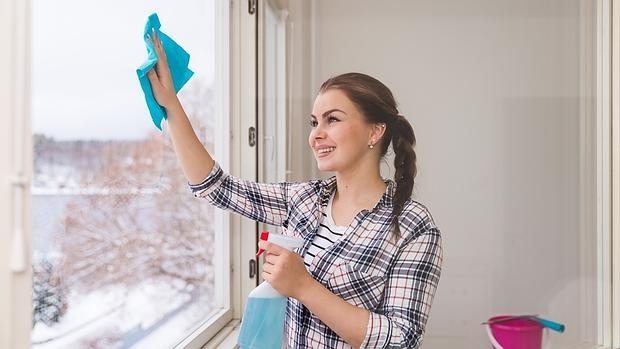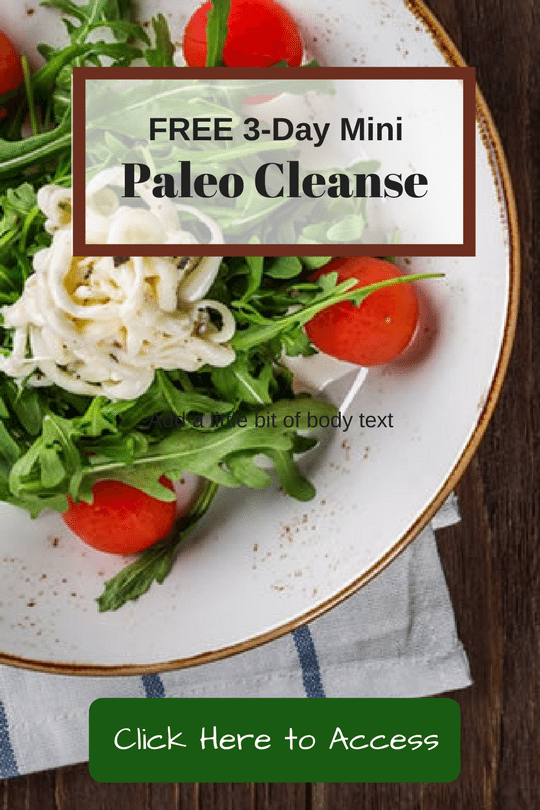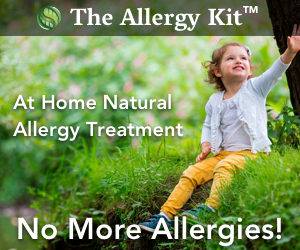Have you ever thought about the toxins that exists in everyday household cleaners? Not to mention the fact that they are highly poisonous and a threat to small children and animals that might come across these cleaners. As parents we know to keep cleaning supplies out of reach of small hands, but what about the residue they leave all over the floors, counters, windows that are touched all day long by us adults and especially our children and pets?
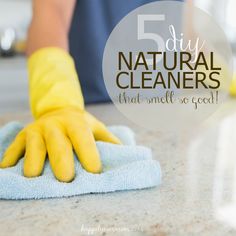
Take for example, many window cleaners. Window cleaning sprays often contain ammonia which produces a deadly gas called chloramine when mixed with any product that contains bleach. Ammonia is extremely irritating to your, eyes, skin and lungs when contact is made. Yet while these acute effects of ammonia and many other household cleaners are well know, it’s the long-term chronic effects that are not as commonly known, such as cancer or hormone disruption. Children are the most vulnerable to these chemicals, because their immune systems and organs are not fully developed, and certain chemicals may interfere with the development of their endocrine, neurological, and immune systems.

Knowing what chemicals exist is in the typical household cleaners is wise. For the most part, just about every traditional cleaner is full of nasty stuff that you don’t want to inhale or come in contact with even on your skin. Our skin is the largest organ in the body and we absorb what we put on our skin. In fact, what the skin absorbs goes straight into the bloodstream, bypassing the kidneys and liver which is our body’s natural mechanism for filtering out harmful substances from the body. Shannon Schroter, the owner of the botanical skin care line, Grateful Body, once told me, “If you wouldn’t eat it, then don’t put it on your skin.”
Do you have olive oil, lemon juice, white vinegar and baking soda in your kitchen? Here are five great natural alternatives you can make right now in your own kitchen that are effective at both cleaning surfaces as well as disinfecting them. Note, that you can purchase a very large bottle of white vinegar for just a couple of dollars at Costco.
Furniture Polish
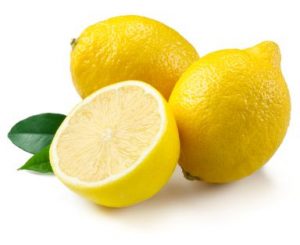
1 cup olive oil
½ cup lemon juice
1 empty spray bottle
Mix ingredients in the spray bottle and shake well. Spray a small amount on a cloth, and spread evenly on furniture. Turn cloth to dry side and polish dry.
Scouring Powder

Scrub tub rings and kitchen sinks with baking soda sprinkled on a damp sponge that has a scrubber on one side. For tough grime, make a paste of baking soda and water, apply, and let stand for 15 minutes before scrubbing and rinsing.
Glass Cleaner

1 cup rubbing (isoprophyl) alcohol
1 cup water
1 tablespoon white vinegar
1 empty spray bottle
Mix ingredients in empty spray bottle and shake well. Spray on glass surface or mirror and wipe off with crumpled newspapers (the ink enhances the shine).
Toilet Bowl Cleaner
Pour undiluted white vinegar into the toilet bowl and brush all around.
All Purpose Cleaner
1 cup white vinegar
1 cup water
1 empty spray bottle
 Mix ingredients together in spray bottle and shake well. Spray on kitchen counters, floors, bathroom walls or any title surface. For tough grime on shower walls, heat the solution in the microwave for about 15 seconds or until barely hot, then spray on. Let stand 10 to 15 minutes, then scrub and rinse.
Mix ingredients together in spray bottle and shake well. Spray on kitchen counters, floors, bathroom walls or any title surface. For tough grime on shower walls, heat the solution in the microwave for about 15 seconds or until barely hot, then spray on. Let stand 10 to 15 minutes, then scrub and rinse.

